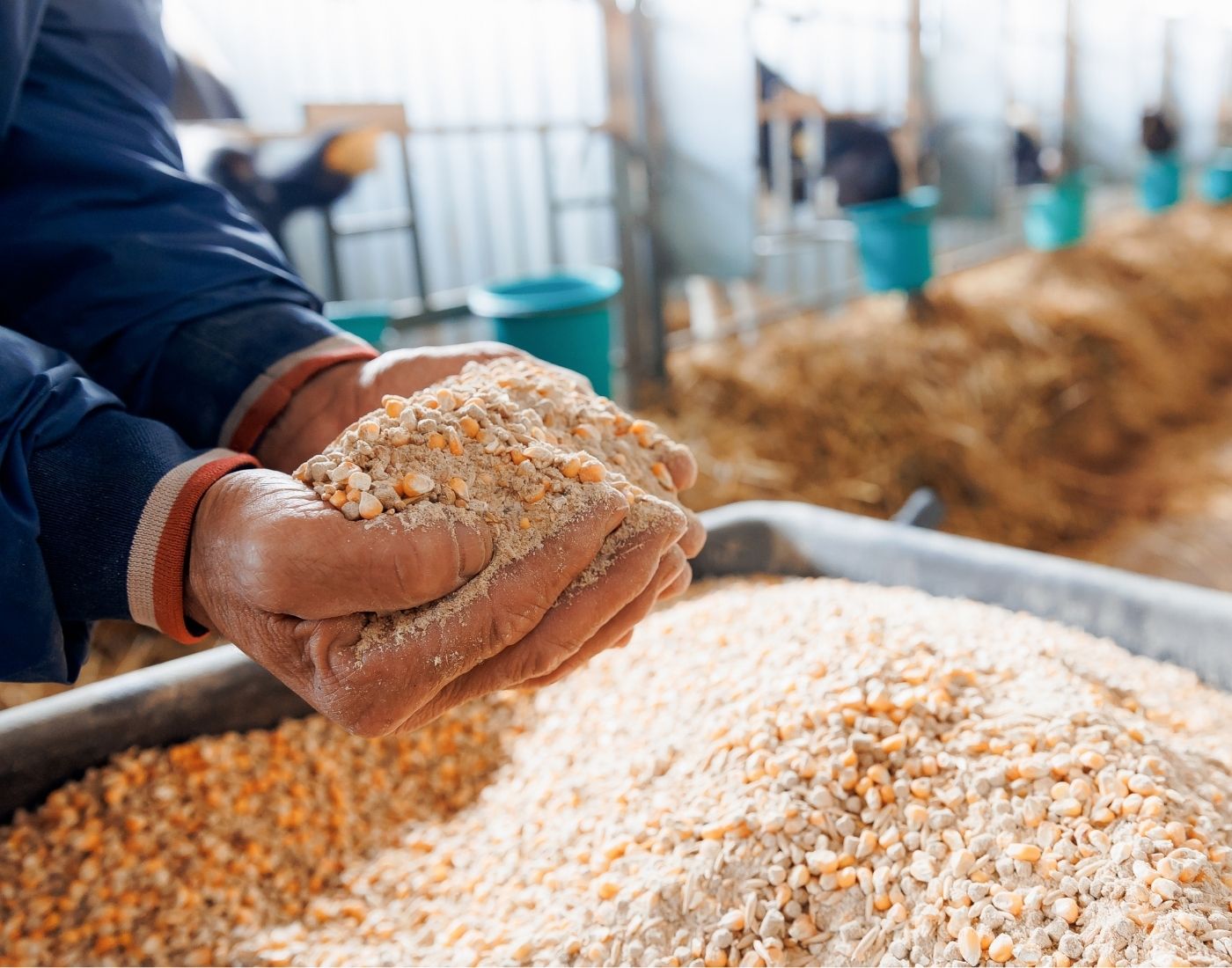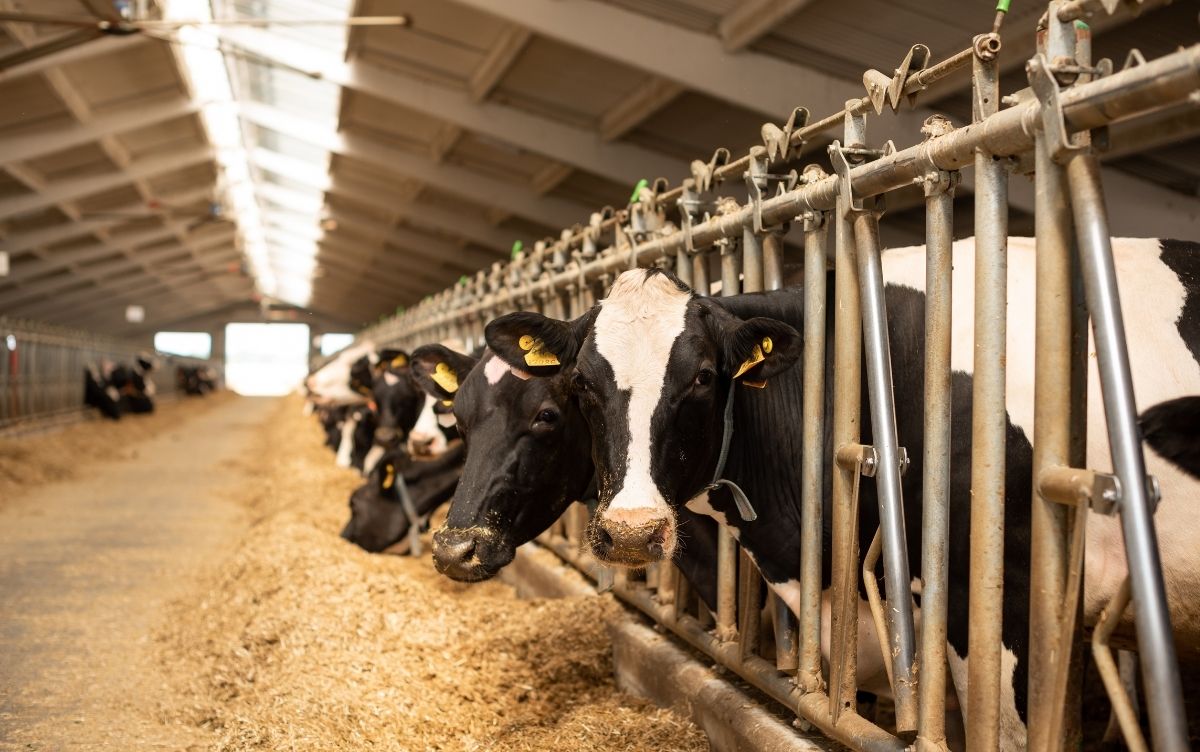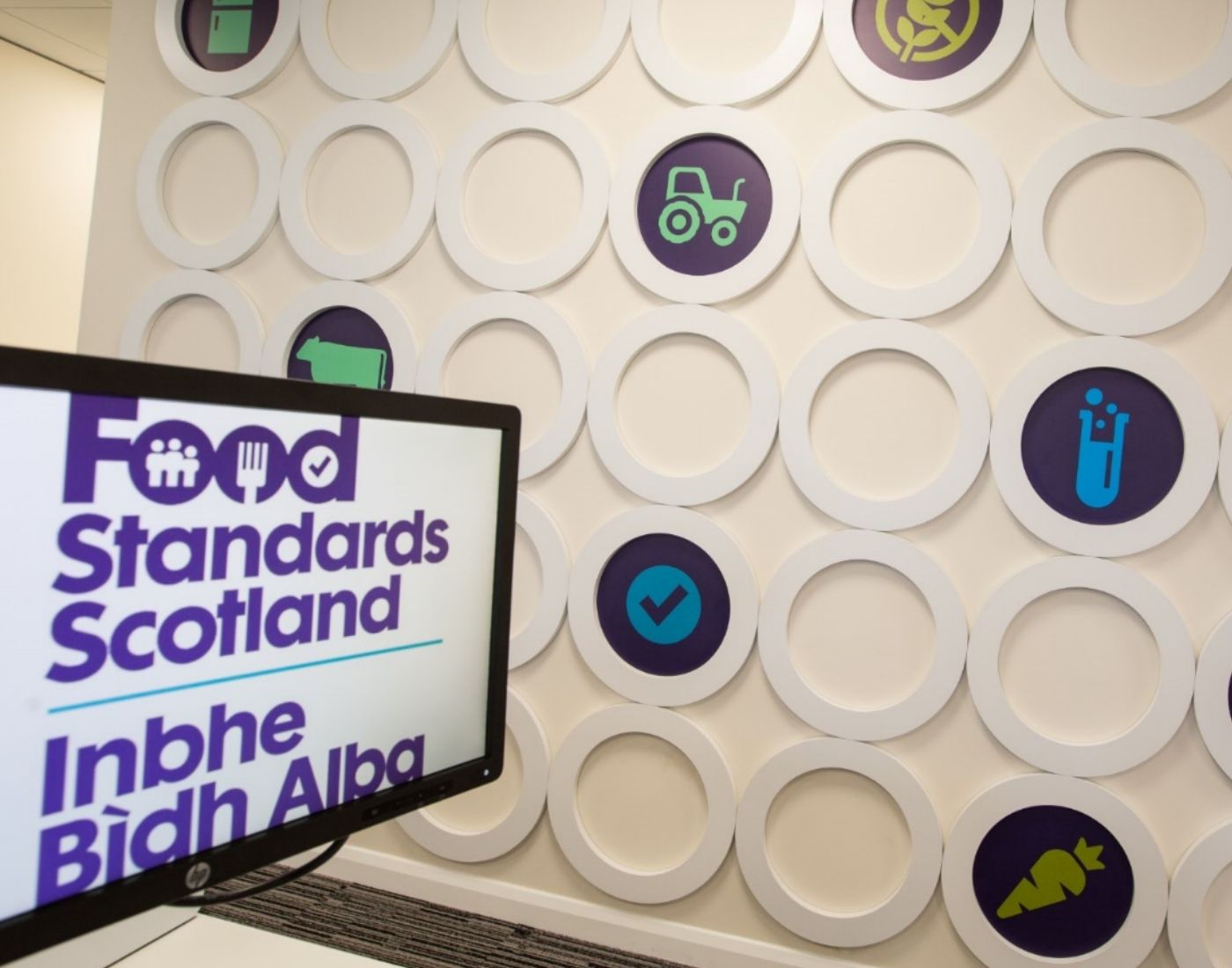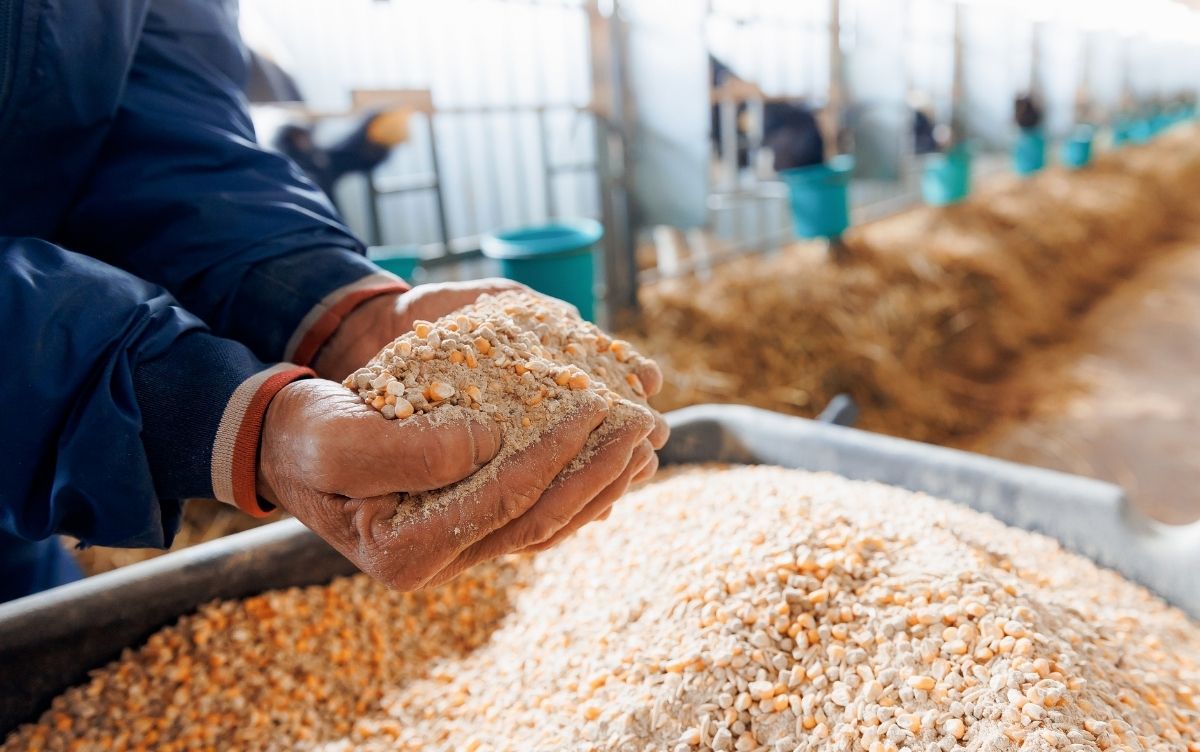Apply for registration or approval of a feed business.
Animal feed
We protect consumer and animal health and make sure those buying feed have information to allow them to make informed choices

In this section:
Businesses that use, manufacture or sell animal feed must be registered or approved by Food Standards Scotland. They must also comply with rules in respect of their facilities, storage, personnel and record-keeping.
This includes farmers feeding animals producing food for human consumption and arable farms growing crops to be used as animal feed.

Animal feed regulations
Our aim is to protect consumers and animal health, and to make sure those buying feed have information to allow them to make informed choices.

Scottish Food and Feed Law guide
The Scottish Food and Feed Law guide lists food law applicable in Scotland.

Official control delivery and enforcement of feed
Food Standards Scotland is responsible for carrying out official controls and enforcement of feed law.


